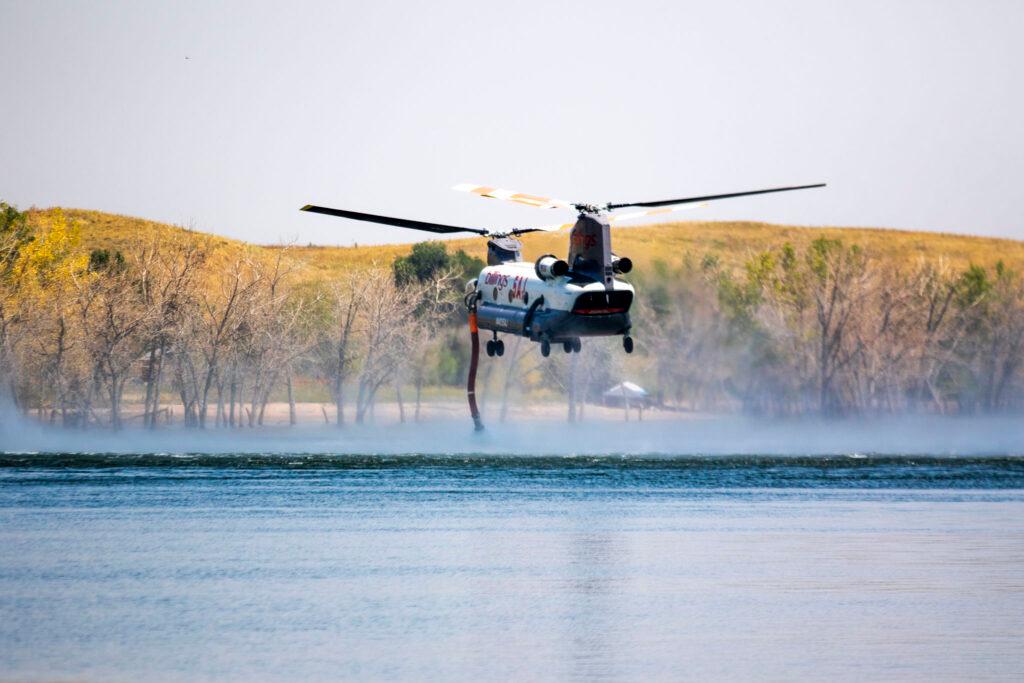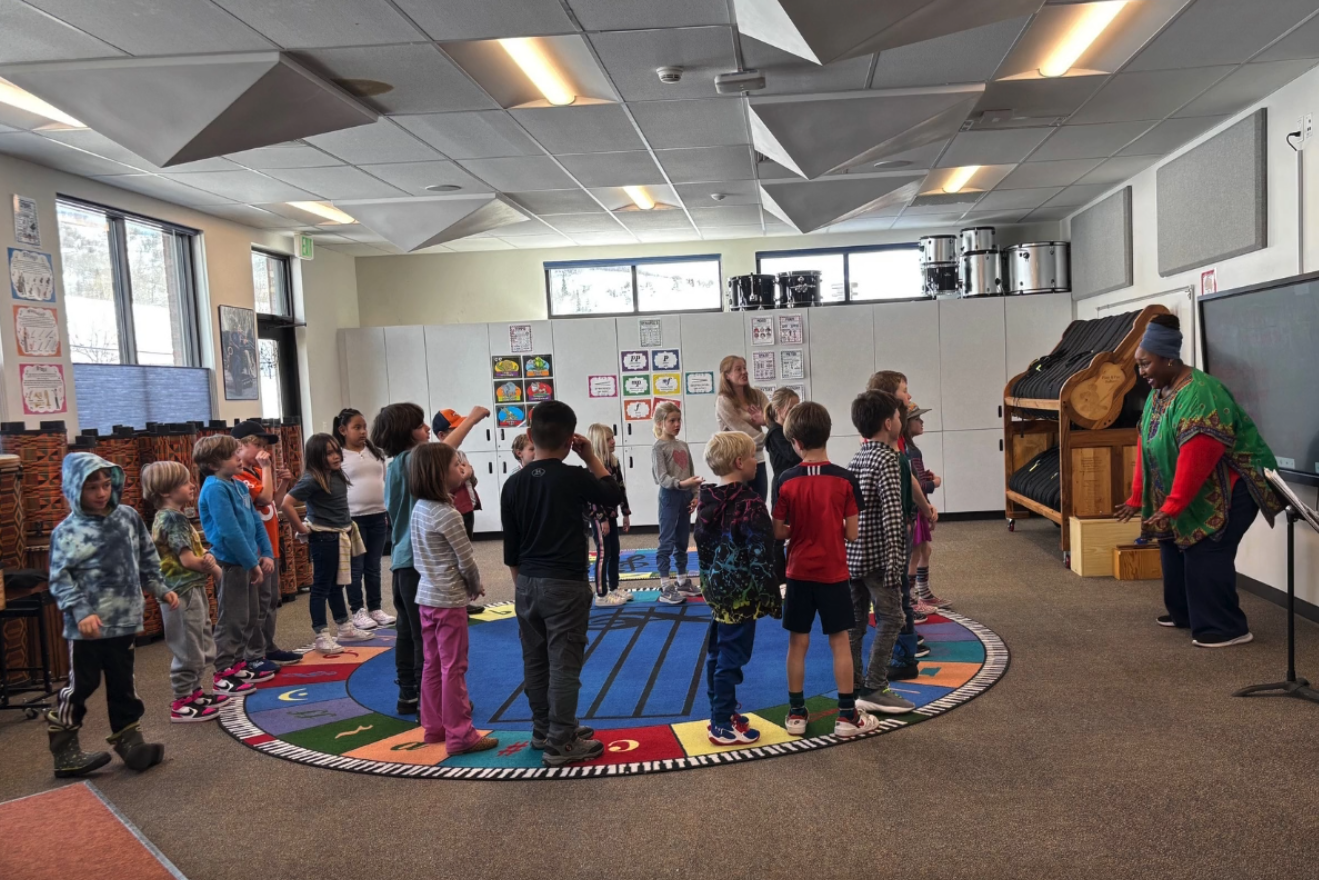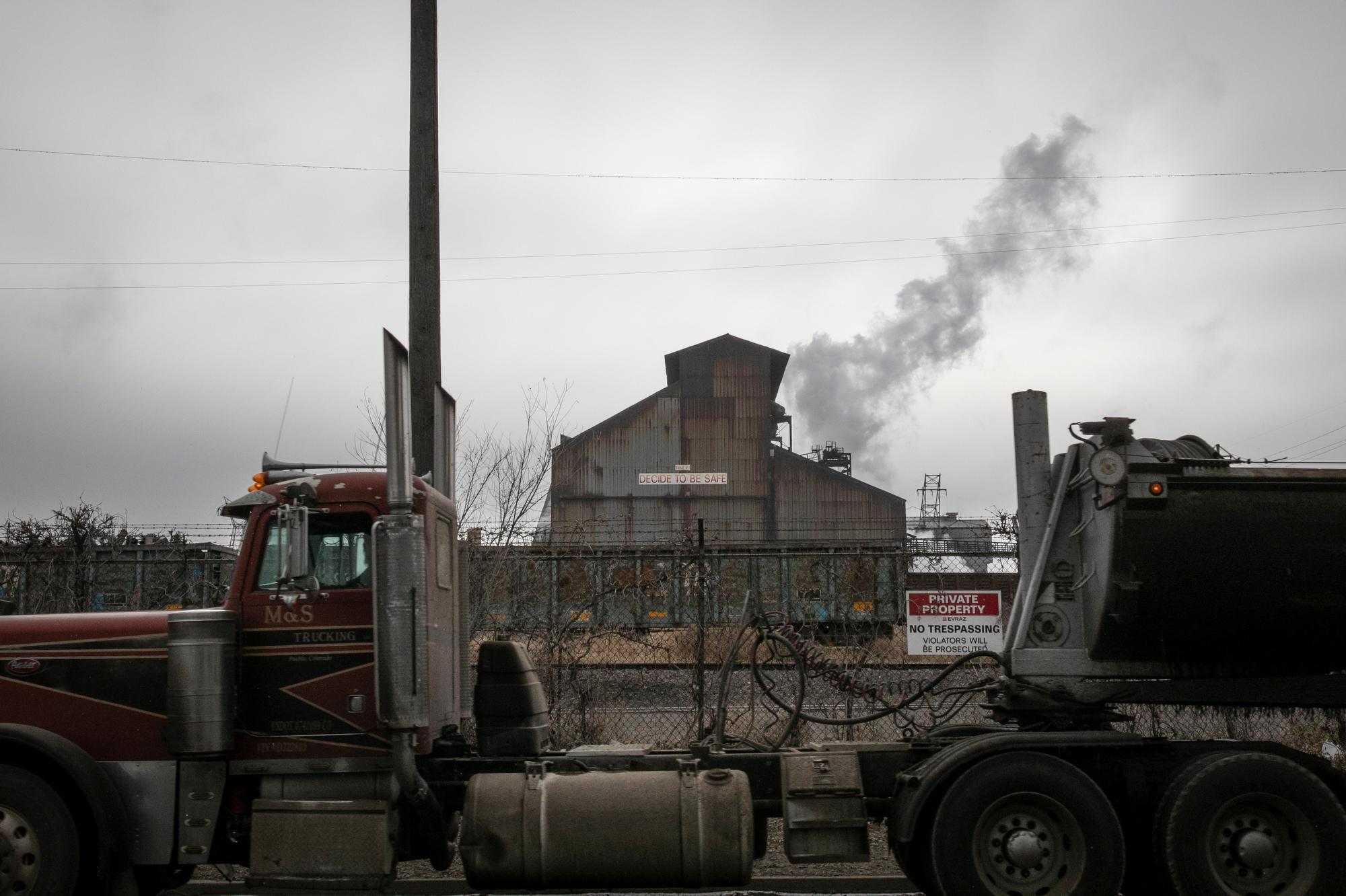
This story was produced as part of the Colorado Capitol News Alliance. It first appeared at coloradosun.com.
Colorado lawmakers have abandoned a plan to drive down home insurance prices by asking utilities to pay tens of millions of dollars into a fund in exchange for easing some of their wildfire liability, pivoting to place the financial burden of their cost-savings concept on homeowners instead.
House Bill 25-1302 initially sought to collect up to $100 million every five years from utilities to buy reinsurance for home insurers. Reinsurance is insurance for insurers that kicks in under extraordinary circumstances, such as when a natural disaster causes enormous losses.
In exchange, the utilities would have been less financially liable when their equipment started wildfires.
But utilities balked at the first-in-the-nation idea, and so lawmakers Monday amended the bill to impose a 0.5% fee on every homeowners insurance policy in Colorado up to $100 million every five years.
The fee would be collected by insurance companies and then handed over to a state enterprise, which would purchase the reinsurance. The charge would be waived only if a home meets the Insurance Institute for Business and Home Safety standards for wildfire mitigation, or have a similar level of protection against wildfire. The nonprofit is supported by the insurance industry.
The sponsors of House Bill 1302, including House Speaker Julie McCluskie, D-Dillon, and Rep. Kyle Brown, D-Louisville, argue the fee is fair and worthwhile since their measure seeks to reduce private insurers' financial risk and therefore, in theory, drive down premiums paid by homeowners.
"Quite frankly, half a percent, given the way that homeowners insurance has gone up in the last number of years — just in the last year alone in the Denver area it went up 16% — in order to stabilize the market and prevent future gigantic increases is more than a good trade-off," Brown said.
Backers of House Bill 1302 also hope the measure prevents insurers from leaving the state, which would make it even more difficult for Coloradans to get coverage.
The concept is borrowed from a health insurance program adopted in Colorado in 2019 that has helped drive down costs — albeit with some caveats. That initiative is funded by fees on insurers and federal funding, not directly by Coloradans.

Among the other amendments to House Bill 1302 adopted Monday in the House Finance Committee was one eliminating a requirement that home insurers lower rates when no more than 75% of their revenue goes toward insured payouts over a three-year period.
The bill was also changed to reduce a fee on homeowners without impact-resistant roofs to pay for a hail mitigation program to 0.5% from 1.5%. The program can collect up to $100 million every five years. The funds would be distributed through grants to people seeking to upgrade their roofs.
The changes mean that people with homes in parts of Colorado that aren't prone to wildfire or hail will be paying to drive down insurance costs for people who live in high-risk areas. Areas with high hail risk generally aren't as prone to wildfire, and vice versa.
But Brown defended the plan since insurance works best with bigger risk pools. Both groups will benefit from each other pitching in.
"Insurance works better when everybody is involved," he said.
Insurance carriers were highly skeptical of House Bill 1302 when it was introduced. The changes to the measure made Monday are getting them closer to supporting the legislation.
"It's a huge improvement," said Carole Walker, who leads the Rocky Mountain Insurance Information Association, an industry trade group.
House Bill 1302, which is a key initiative of Gov. Jared Polis' administration, next heads to the House Appropriations Committee.
This story was produced by the Capitol News Alliance, a collaboration between KUNC News, Colorado Public Radio, Rocky Mountain PBS, and The Colorado Sun, and shared with Rocky Mountain Community Radio and other news organizations across the state. Funding for the Alliance is provided in part by the Corporation for Public Broadcasting.









